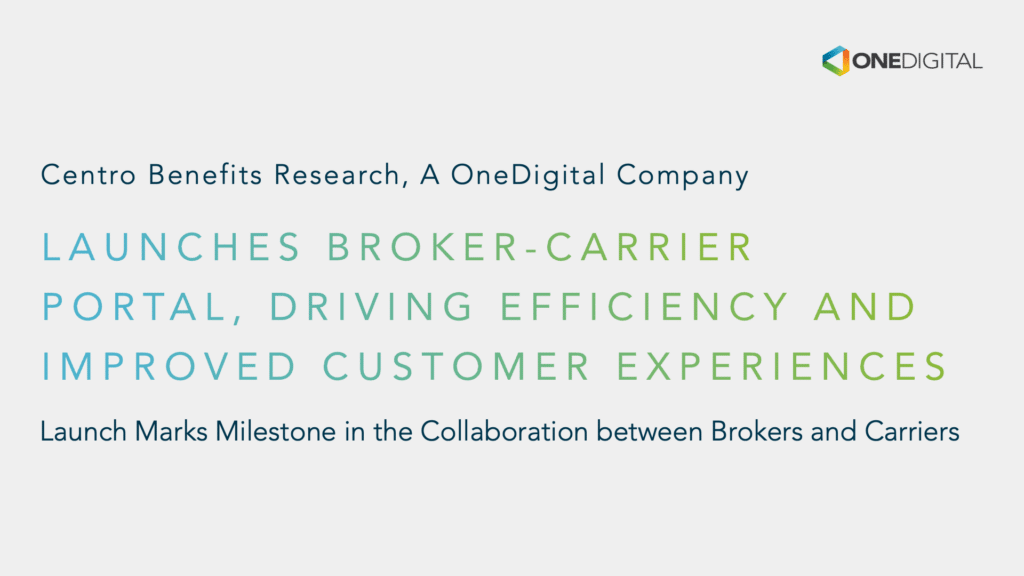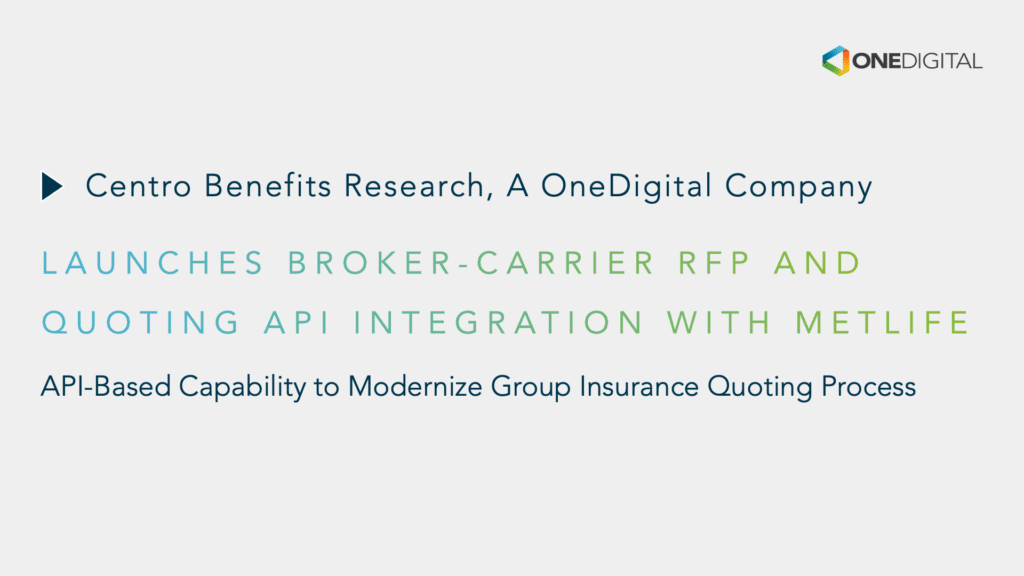Economic conditions, legislation, and the competitive market environment have evolved, and with that, so has the role of the Human Resources professional.
They are challenged every day to add value to the business, and must understand the organization’s big picture to influence key decisions and policies. HR is no longer thought of as simple personnel management, but as a core strategic business component for companies to achieve organizational goals.
So how does the insurance broker fit in? Long gone are the days where an insurance broker was just the “middleman” to provide insurance carriers’ quotes and compare various plans based on cost. More than ever, HR professionals need their brokers to step in as their advocate in achieving overall human resource objectives. Brokers are now taking a much more consultative approach in clearly understanding HR needs in providing solutions as trusted advisors.
Clarify and Identify
HR objectives vary by company or organization. Whether the need is specifically for employee benefits, or other HR concerns like organizational transitions or employee handbook updates, brokers need to learn about the tasks and challenges that each client faces.
For starters, the broker should have a genuine curiosity and thirst to learn about the client’s company philosophy, mission, demographics, operations, industry, competition, etc., in order to align consultations with specific HR concerns.
- Are they trying to offer better benefits than their competitors to hire certain types of employees?
- Do they want to cut premiums so that they can allocate their costs to production?
- Are they acquiring another company?
- Is the payroll vendor not providing the service that was promised?
- Are they satisfied with their benefit plans, but want some additional assistance to educate a growing demographic of millennials?
Today’s HR professionals understand that their responsibilities and decisions have a direct impact on their company’s bottom line. Thus, as a trusted consultant, it is the broker’s job to have an in-depth, comprehensive understanding of “big picture” client goals by clarifying and identifying those HR concerns.
Pave the Way
After clearly identifying the client’s HR concerns and goals, the broker is now able to provide solutions. In doing so, it is imperative that the broker fully understands and provides specifics on how and why the proposed solutions make sense for their business, as well as any costs and risks associated with these solutions. Complete transparency goes a long way in solidifying HR’s trust in the broker as a valuable business partner.
Additionally, as companies rely more on technology to run their HR, brokers should be just as tech savvy and familiar with various systems in order to compare tech solutions that address the client’s needs. Recent history has proven that many HR professionals value technology system integration and automation that lift their day-to-day load over traditional insurance broker relationships. A competent broker must offer both.
Lead the Journey
As today’s HR professionals wear many hats, the role of a proactive broker is more important than ever, as they look to them as an extension of their HR department. They should map out a realistic schedule of events, and set expectations that cover the “who," “what," and “when” for their clients.
The world of HR and benefits is more uncertain than ever before. Expect your broker to be responsive in delivering the solutions you need when you need them, and be dedicated to putting your business first. Understanding the clients’ biggest challenges and working to find a creative solution undoubtedly will have a direct impact on overall wellbeing and bottom line.




